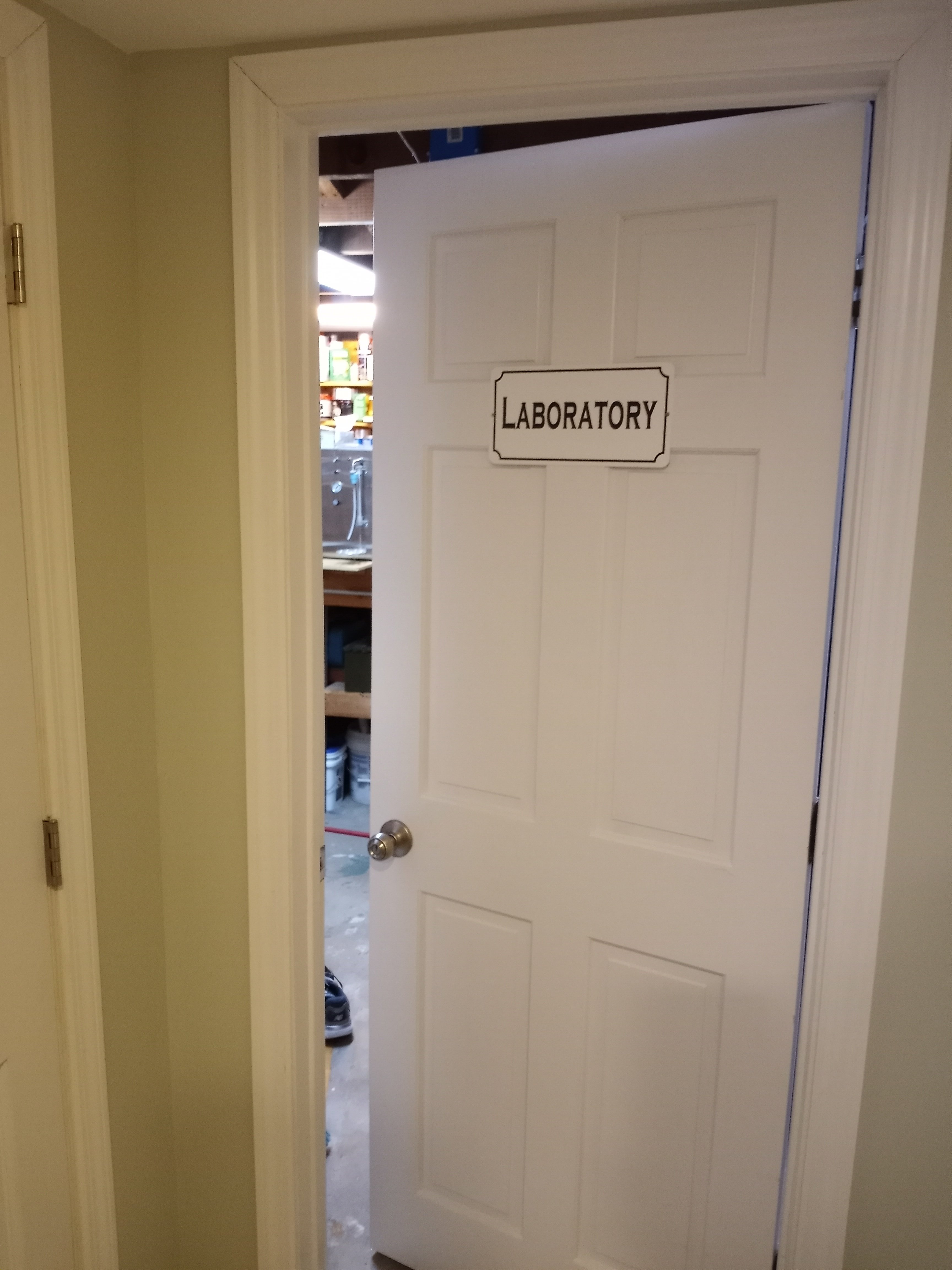Hi gurus,
I have a few questions: 1) during mash do enzymes process caramelized sugars, dextrins? 2) are the unfermentable sugars that are obtained as a result of alpha amylase suitable for beta amylase enzymes? 3) if I aerate wort before pitching (as it mentioned in books/forums/sites) and use dry yeast from Fermentis or Lallemand, what happened with the added oxygen (dry yeasts from Fermentis do not need oxygen in wort)? 4) is it ok to make mash in one day, and brew on another one?
Thank you in advance,
Sergei.
I have a few questions: 1) during mash do enzymes process caramelized sugars, dextrins? 2) are the unfermentable sugars that are obtained as a result of alpha amylase suitable for beta amylase enzymes? 3) if I aerate wort before pitching (as it mentioned in books/forums/sites) and use dry yeast from Fermentis or Lallemand, what happened with the added oxygen (dry yeasts from Fermentis do not need oxygen in wort)? 4) is it ok to make mash in one day, and brew on another one?
Thank you in advance,
Sergei.


